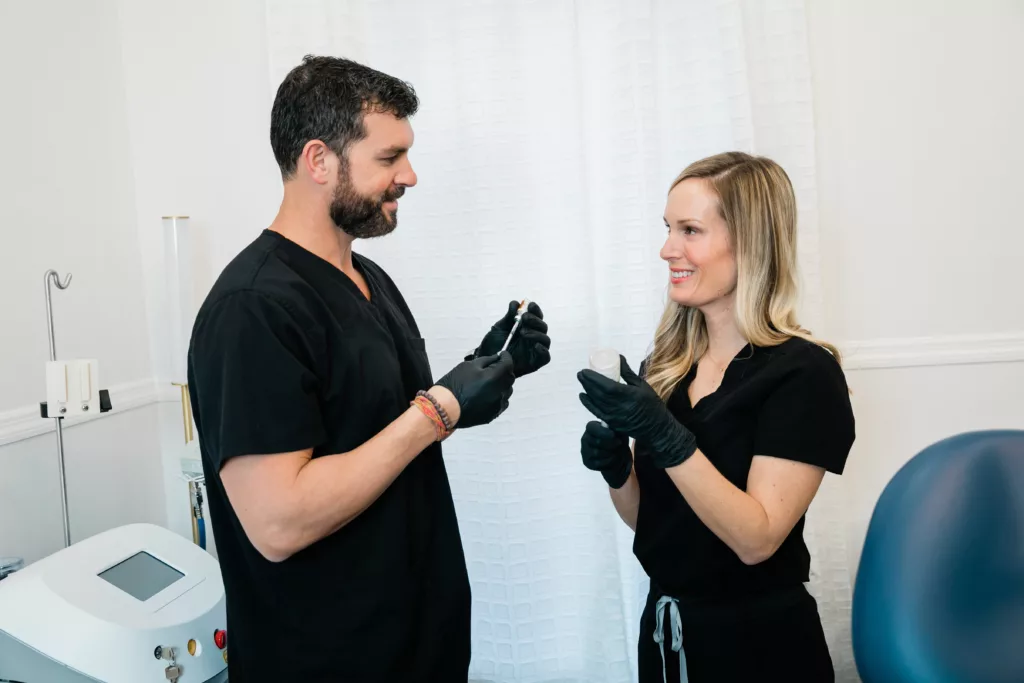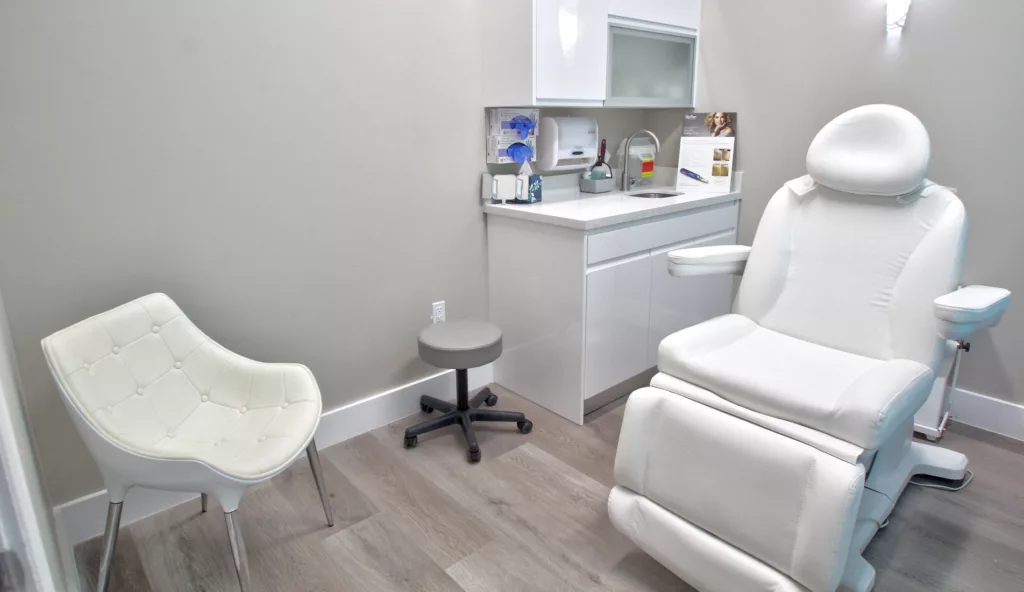Most dental practice owners ask us "When should I start planning my transition?" It's a natural question, but it's not the most important one. Here's why.
Moving Beyond Traditional Timing
Traditional advice suggests starting transition planning 2-3 years before selling. While this isn't wrong, it misses a crucial element: what you want your future to look like. Instead of focusing solely on when you want to sell, we ask our clients a more fundamental question:
"When are you ready to be done?"
Why This Question Matters
This question opens up a completely different conversation about your future. It helps clarify your true motivations for selling, what you want your next chapter to look like, how to structure a transition that serves your goals, and which types of buyers will align with your vision.
Three Common Scenarios We See
The Practice Owner Who Still Loves Dentistry
You enjoy patient care but are exhausted by business management. You're frustrated with HR challenges, insurance headaches, and administrative burdens. In this case, the right solution might be finding a strategic partner who can handle operations while you continue practicing.
The Flexible Transition Seeker
You're ready for change but willing to stay involved during a transition period. Whether it's a few months or a couple of years, you want to ensure your team and patients are well cared for. This flexibility opens up more buyer options and often leads to better outcomes.
The Clean Break Planner
You have a clear end date in mind and want a complete transition. You're looking for a buyer who can take full ownership and responsibility from day one. While this scenario requires more careful planning, it's entirely achievable with the right preparation.
Key Considerations for Your Transition
Your answer to "when are you ready to be done" influences several critical factors:
- Understanding your true timeline and motivation
- Identifying the right type of buyers for your goals
- Structuring a deal that aligns with your plans
- Setting realistic expectations for the transition
- Preparing your team and patients appropriately
- Creating the right post-sale arrangement
Making the Right Decision
Understanding your preferred scenario isn't just about timing - it's about finding the right type of transaction. The clearer you are about when you want to be done, the better positioned you'll be to make decisions that support your goals.
Next Steps
Take time to honestly assess when you want to be done - not just with ownership, but with practicing. This clarity will help guide every other decision in your transition process. Consider how you envision your ideal exit. Are you looking for immediate retirement, a gradual transition, or just relief from administrative burdens? Your answer will help determine the best path forward.
The Bottom Line
The traditional question of "When should I start my transition?" only becomes relevant after you've answered, "When am I ready to be done?" Let this guide your planning process and ensure you're working toward the future you actually want.
Ready to have a real conversation about your practice transition timeline? Contact Practice Transitions Group to discuss your goals and explore your options.



